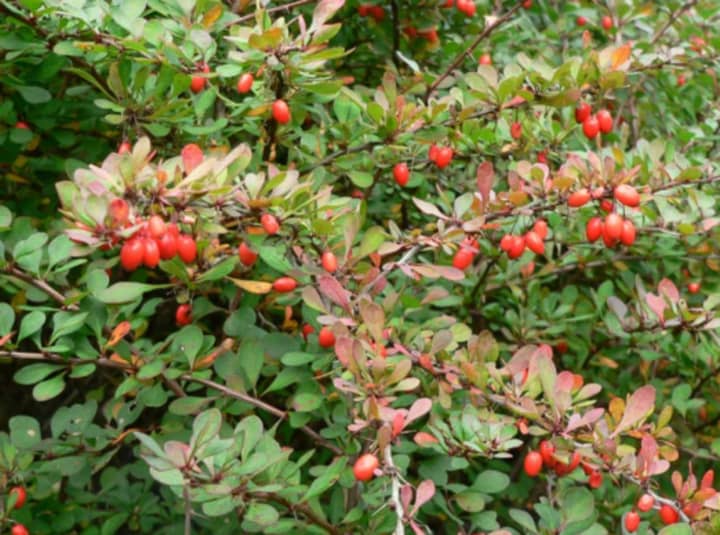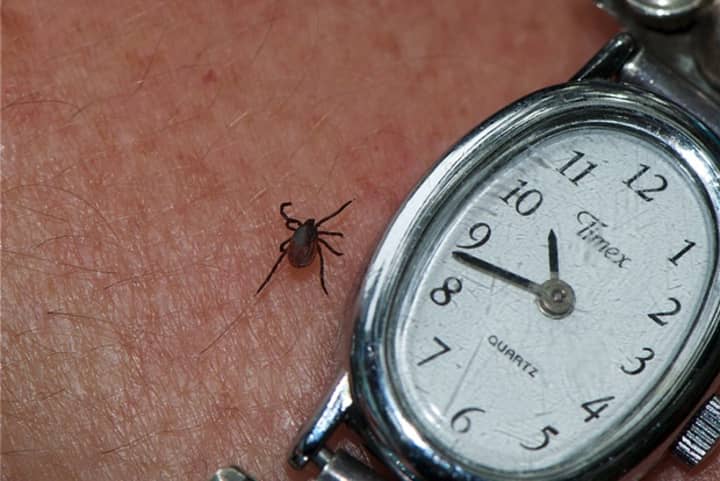The shrub, which is considered an invasive plant in Connecticut, is being blamed for a rise in the tick population in the state, which in turn is causing an increase in cases of Lyme disease here.
That's according to a recent report from the Connecticut Agricultural Experiment Station, which linked the increased abundance of infected deer ticks to the shrub. The report, in the most recent issue of Environmental Entomology, uses a decade's worth of data.
And the report comes as state scientists say the rate of Lyme disease infection in ticks tested so far this year is up by 40 percent compared with 2016.
The Japanese barberry bush is sold at nurseries and big box stores in the state, and is commonly used in landscaping. It also grows wild throughout Connecticut's woodlands.
"Its dense thickets prevent native trees and wildflowers from regenerating, and also create humid environment under which ticks thrive," the CAES said in a statement.
The Connecticut researchers also found that "there are significantly higher abundances of ticks infested with the causal agent of Lyme disease in Japanese bayberry-infested forests than in forests without Japanese bayberry."
In conclusion, the researchers said, that means the invasive Japanese bayberry bush is altering the ecosystem and perpetuating the population of deer ticks, which harbor disease agents that can have a negative impact on the health of the Connecticut public.
For information from the CAES on controlling Japanese bayberry plants, click here.
Click here to follow Daily Voice Shelton and receive free news updates.



